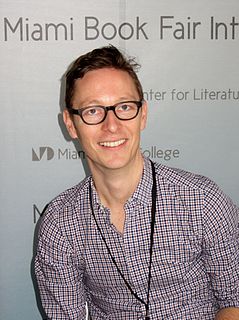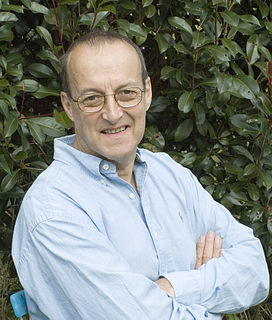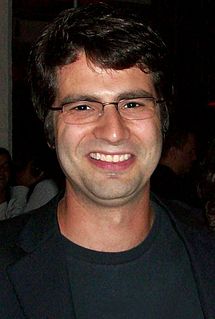A Quote by Eliot Schrefer
Calling a book 'young adult' is only important in that it can help get a book to the right reader. After that, it's a useless abstraction and should be discarded.
Related Quotes
Every reader, as he reads, is actually the reader of himself. The writer's work is only a kind of optical instrument he provides the reader so he can discern what he might never have seen in himself without this book. The reader's recognition in himself of what the book says is the proof of the book's truth.
In my couple of books, including Going Clear, the book about Scientology, I thought it seemed appropriate at the end of the book to help the reader frame things. Because we've gone through the history, and there's likely conflictual feelings in the reader's mind. The reader may not agree with me, but I don't try to influence the reader's judgment. I know everybody who picks this book up already has a decided opinion. But my goal is to open the reader's mind a little bit to alternative narratives.
Write what you want to read. So many people think they need to write a particular kind of book, or imitate a successful style, in order to be published. I've known people who felt they had to model their book on existing blockbusters, or write in a genre that's supposed to be "hot right now" in order to get agents and publishers interested. But if you're writing in a genre you don't like, or modeling yourself on a book you don't respect, it'll show through. You're your first, most important reader, so write the book that reader really wants to read.
What's your favorite book?' is a question that is usually only asked by children and banking identity-verification services--and favorite isn't, anyway, the right word to describe the relationship a reader has with a particularly cherished book. Most serious readers can point to one book that has a place in their life like the one that 'Middlemarch' has in mine.
The book is finished by the reader. A good novel should invite the reader in and let the reader participate in the creative experience and bring their own life experiences to it, interpret with their own individual life experiences. Every reader gets something different from a book and every reader, in a sense, completes it in a different way.
I have always believed in the magic of childhood and think that if you get your life right that magic should never end. I feel that if adults cannot enjoy a children’s book properly there is something wrong with either the book or the adult reading it. This of course, is just a smart way of saying I don't want to grow up.
We get no good By being ungenerous, even to a book, And calculating profits--so much help By so much reading. It is rather when We gloriously forget ourselves, and plunge Soul-forward, headlong, into a book's profound, Impassioned for its beauty, and salt of truth-- 'Tis then we get the right good from a book.
I think, for me, there's The Book I Should Write and The Book I Wanted to Write - and they weren't the same book. The Book I Should Write should be realistic, since I studied English Lit. It should be cultural. It should reflect where I am today. The Book I Wanted to Write would probably include flying women, magic, and all of that.
Some say it is the elements of hope and wonder in children's books that make them special. But there are many dark young adult novels these days. Adults loved Harry Potter, though it was written for the young. In the end, it is probably up to the reader of any age to decide if this book is for him or her.

































